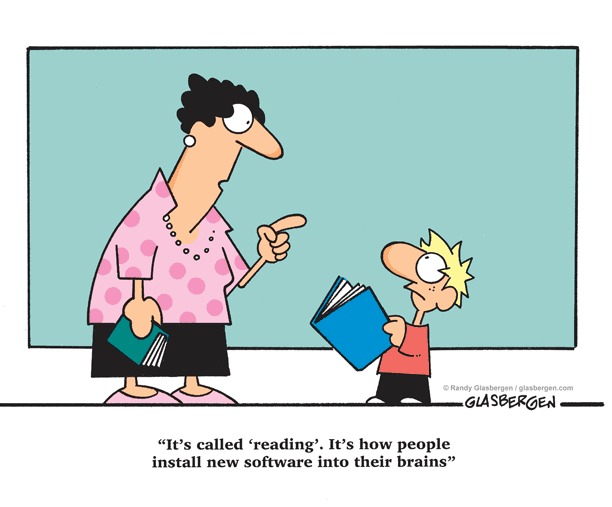When your child is first diagnosed with a speech disorder like aphasia, you might feel a bit like a private investigator – you’ll do a lot of background research on the issue and figure out what your resources are. One great way to stretch your resources when it comes to speech therapy is the use of specialized tools, such as Speech Buddies for articulation or apps for aphasia therapy. The symptoms of aphasia can range from mild to severe, and they will also vary depending on the part of the brain that sustained damage. Work with your child’s speech-language pathologist (SLP) to select the right apps for aphasia therapy that would best help his specific trouble areas.
Making Special Education Plans with Your Child
SchoolWhen it’s apparent that your child requires some extra help, you and your partner are the ones responsible for setting up the special education plans in collaboration with the school district. When your child’s Individualized Education Program (IEP) is not being properly implemented, it’s your job to file a complaint. It’s also your job to make sure your child has the speech therapy sessions and tools he needs, like Speech Buddies for articulation work. But is it ever your child’s job to get involved in their own special education plans?
Parents often instinctively shield their youngsters from the more unsavory issues in life, like bureaucratic red tape. And indeed, a young child should not dive headfirst into a pile of IEP paperwork. But having your youngster become at least partially involved in his own special education plans can introduce a human element into the process and remind the IEP team of why they are meeting in the first place. After all, it’s his education that the team is discussing. But there is no one-size-fits-all solution, and parents should always consider their children’s unique situation.
Autism Awareness Gets a Boost from Global Autism Project
News
While autism awareness has grown tremendously in the U.S. in recent years, the same does not always hold true for other countries. Autism does not respect borders; it is a global issue that affects millions of people worldwide. One estimate suggests that 67 million people worldwide are affected by autism spectrum disorder (ASD).
And unfortunately, in some developing countries, people with autism are not well understood. They are subjected to social stigma, and relatives often keep them hidden away in dark rooms. Children with autism are often believed to be possessed by evil spirits because of the sins of the parents. Even worse, many doctors in countries such as Ethiopia have never even heard of ASD. If a child does have the luck to receive an official diagnosis, he might have to travel hundreds or even thousands of miles before reaching the nearest clinic that is capable of treating autism.
Does Your Child Need Voice Therapy for Spasmodic Dysphonia?
Speech DisordersUnless you don’t drive, unusual noises from your car are probably high up on your list of “Things You Don’t Want to Deal With.” Especially when they are the types of noises that only occur when you’re the one driving it and never when your mechanic checks it out. Just because a problem is intermittent doesn’t mean that you’re imagining it, and the same holds true for voice disorders like spasmodic dysphonia. If your child has spasmodic dysphonia, you may only notice irregular vocalizations occasionally. It’s always best to have a licensed speech-language pathologist (SLP) evaluate your child if you think there might be a problem. Voice therapy and other treatment methods can help your child if he has spasmodic dysphonia.
Reading with Children: Books & Techniques
Language DevelopmentLaura Bush said it best when she noted that, “Libraries allow children to ask questions about the world and find the answers. And the wonderful thing is that once a child learns to use a library, the doors to learning are always open.” We all know that reading is essential for education, but do you know why? Some of the many benefits of reading with children include speech and language development and improving listening skills. Exposure to various experiences, emotional development, and improved cognitive function are some of the other perks. Your child will learn new sounds and the rules of language just by listening to you read. And besides, reading with children is fun! It’s an opportunity to share a special time with your child and to watch the joy on his face as he hears his favorite story.





